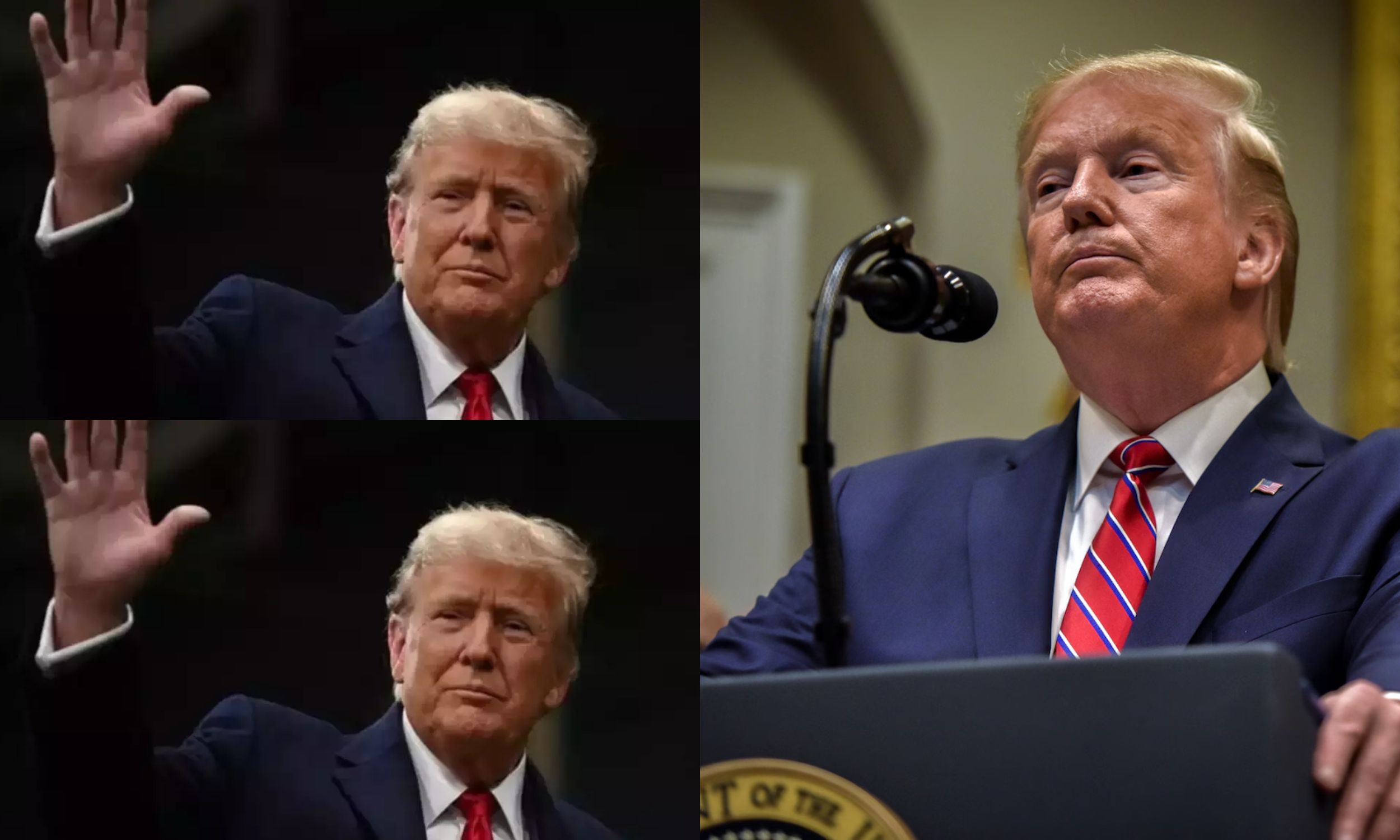The prospect of President-elect Trump using his pardoning authority has cast a shadow over cases involving January 6 rioters, with his pledge to grant clemency prompting delays in some proceedings.
In one instance, a federal judge postponed a rioter’s trial beyond Trump’s January inauguration, marking a shift in approach following the former president’s return to power. This move, however, might lose relevance if Trump fulfills his promise to pardon those involved in the Capitol attack.
Will Pope, a Kansas State University doctoral student facing multiple charges, revealed that his trial, initially set for December 2, has been postponed. Pope stated on social media that the decision was influenced by judicial resource considerations given the likelihood of January 6 cases being dropped. A new trial date is expected to be set in an upcoming hearing.

Judge Rudolph Contreras, who made the decision, is among the first to delay proceedings in light of Trump’s election victory. Meanwhile, Judge Carl Nichols refrained from scheduling trials for three rioters facing misdemeanor charges, citing the pending change in Justice Department leadership.
Despite these developments, many judges have consistently rejected attempts by defendants to delay proceedings based on Trump’s potential pardons. For instance, Judge Paul Friedman dismissed two rioters’ requests, emphasizing the judiciary’s independent responsibilities.
More than 1,500 individuals have been charged for their roles in the Capitol attack, with many receiving prison sentences or other penalties. While Trump has labeled these individuals as patriots and pledged to pardon them, his campaign rhetoric has not swayed most judicial decisions thus far.
Defendants like Christopher Carnell and Anna Lichnowski have argued for delays, citing the possibility of clemency under Trump’s administration. However, their requests have largely been denied, with judges reiterating that pardon speculation cannot influence legal proceedings.
Other rioters, including Antonio Lamotta and Mitchell Bosch, faced similar outcomes as judges rejected their appeals for postponements. These rulings reflect the judiciary’s commitment to maintaining its constitutional duties regardless of political developments.
Federal courts in Washington, D.C. continue to handle a wide range of cases linked to the January 6 attack, from minor charges to severe allegations of seditious conspiracy. As Trump’s return to office nears, questions remain about the extent of pardons he might issue, though he has vowed to prioritize these cases.


